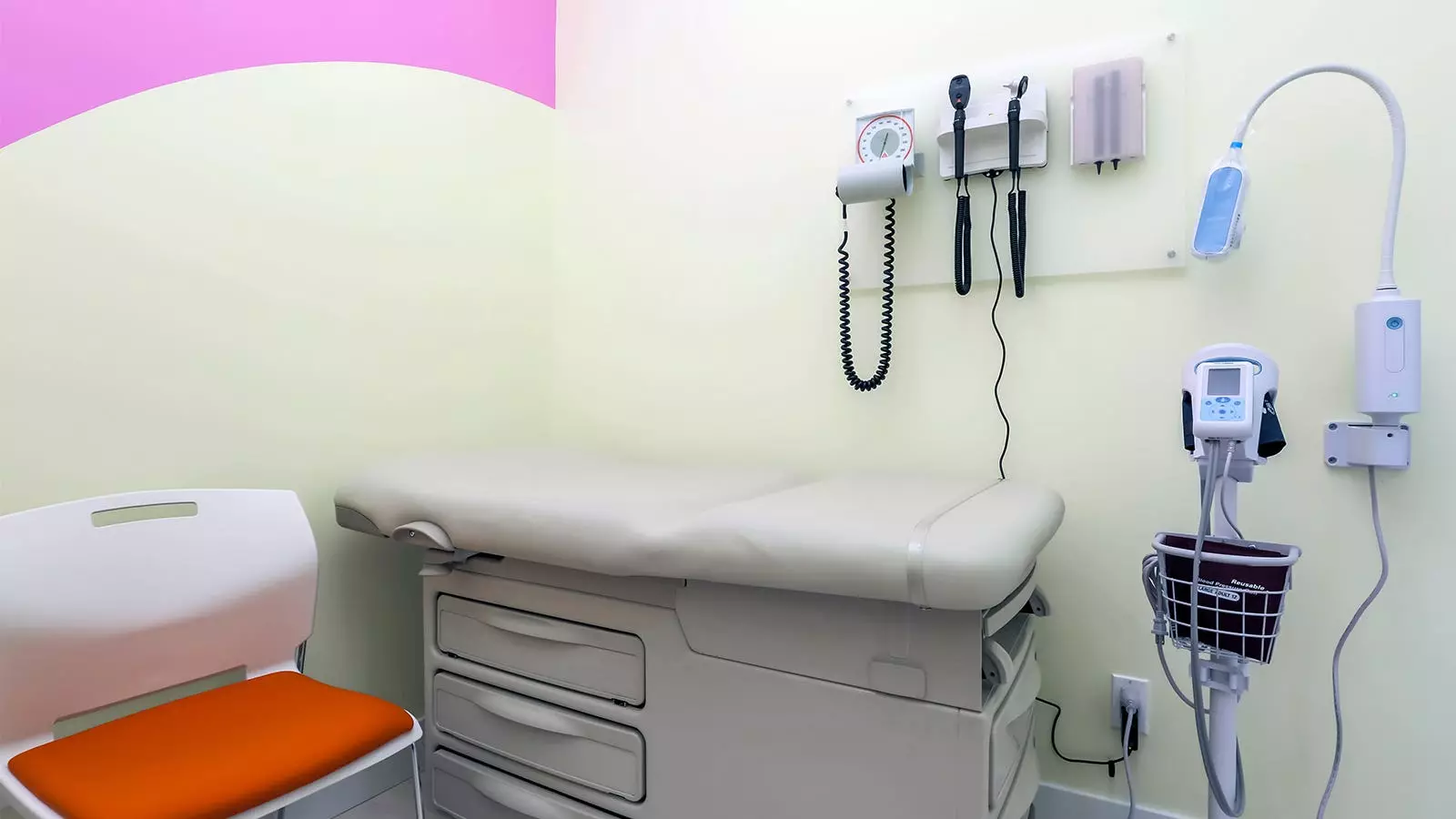In the ever-evolving landscape of healthcare, the patient check-up has transformed into an impersonal sequence of tasks, heavily influenced by insurance metrics that prioritize quantitative measures over qualitative interactions. This article delves into the critical tension between adhering to regulatory quality measures and maintaining the compassionate, human connection that is quintessential to effective patient care.
As a healthcare provider begins their day, the routine often starts with logging into a digital system. This has become a standard practice that mirrors the broader healthcare paradigm, where quality measures defined by insurance companies dictate how services are compensated. As of 2020, the Centers for Medicare & Medicaid Services (CMS) introduced 788 distinct quality measures across its platforms, leading to a checklist that directs the flow of each patient visit.
This approach, driven by adherence to pre-set benchmarks, can inadvertently depersonalize medical visits. The underlying intention of ensuring comprehensive care—through reminders for vaccinations, screenings, and routine tests—often overshadows the fundamental purpose of a medical appointment: to address the individual needs and concerns of the patient. Instead of engaging in meaningful dialogue about personal health or familial concerns, providers might feel they are merely functioning as data entry personnel, similar to automated bots.
In an ideal world, every patient encounter would feature an open, empathetic conversation. Questions such as “How has your week been?” or “Are there any familial concerns you’d like to discuss?” could pave the way for revealing essential health issues. An open dialogue fosters the establishment of trust and rapport between the physician and the patient, making difficult topics more approachable.
Unfortunately, current quality measurement systems fail to prioritize the act of listening, causing a paradox where physicians technically achieve perfect “quality” ratings despite lacking genuine patient interaction. The implications of this disconnect are profound, as they not only obscure the true essence of healthcare but also risk overlooking critical health issues that patients may hesitate to bring up when pressured by checklist demands.
Quality measures certainly hold value in improving preventive care—like vaccinations and screenings that can avert hospitalizations and premature deaths. However, a rigid focus on these metrics can detract from addressing pressing personal concerns of the patient, which may be entirely unrelated to their immediate physical health.
The electronic health record (EHR) system, a tool intended to improve data management, often acts as a barrier. It requires doctors to juggle clinical duties with navigating complex software, leading many to feel overwhelmed and diminished in their patient interactions. The relentless push to tick off tasks also contributes to a mechanical approach to healthcare, negating the inherently compassionate nature of patient care.
To mitigate the erosion of meaningful patient interactions, a paradigm shift is essential. Quality measures should not be removed from patient visits; rather, they should be seamlessly integrated into the healthcare process. A potential solution involves delegating the responsibility of pre-visit preparation to support staff. They can engage patients through digital communication, addressing screening reminders and health advice before the appointment. This would allow physicians to focus on discussing substantive health concerns during consultations.
Moreover, insurance companies—including Medicaid and Medicare—play a crucial role in this potential transformation. They can adapt payment models that reward qualitative elements of care, such as effective communication and clinical reasoning. By shifting from fee-for-service to comprehensive annual payments based on predicted healthcare needs, physicians can allocate more time to their patients, prioritizing human connection over mere compliance with checklists.
Restoring the Sacred Space of Healing
Physicians often recant personal experiences where stepping beyond the confines of existing metrics has revealed vital patient truths. Instances of domestic abuse or underlying mental health issues are examples where a mere checklist would have failed to unearth critical concerns.
Ultimately, the medical profession must reclaim the critical space of genuine inquiry and understanding in patient care. While quality measures serve as a guiding framework for improving health outcomes, they must not overshadow the irreplaceable value of empathetic communication. The essence of medicine is not only in what is measurable but also in human connection, trust, and the willingness to address the full spectrum of patient experiences. Prioritizing both quality and compassion will ensure a more holistic approach to healthcare that benefits both patients and providers alike.

Leave a Reply